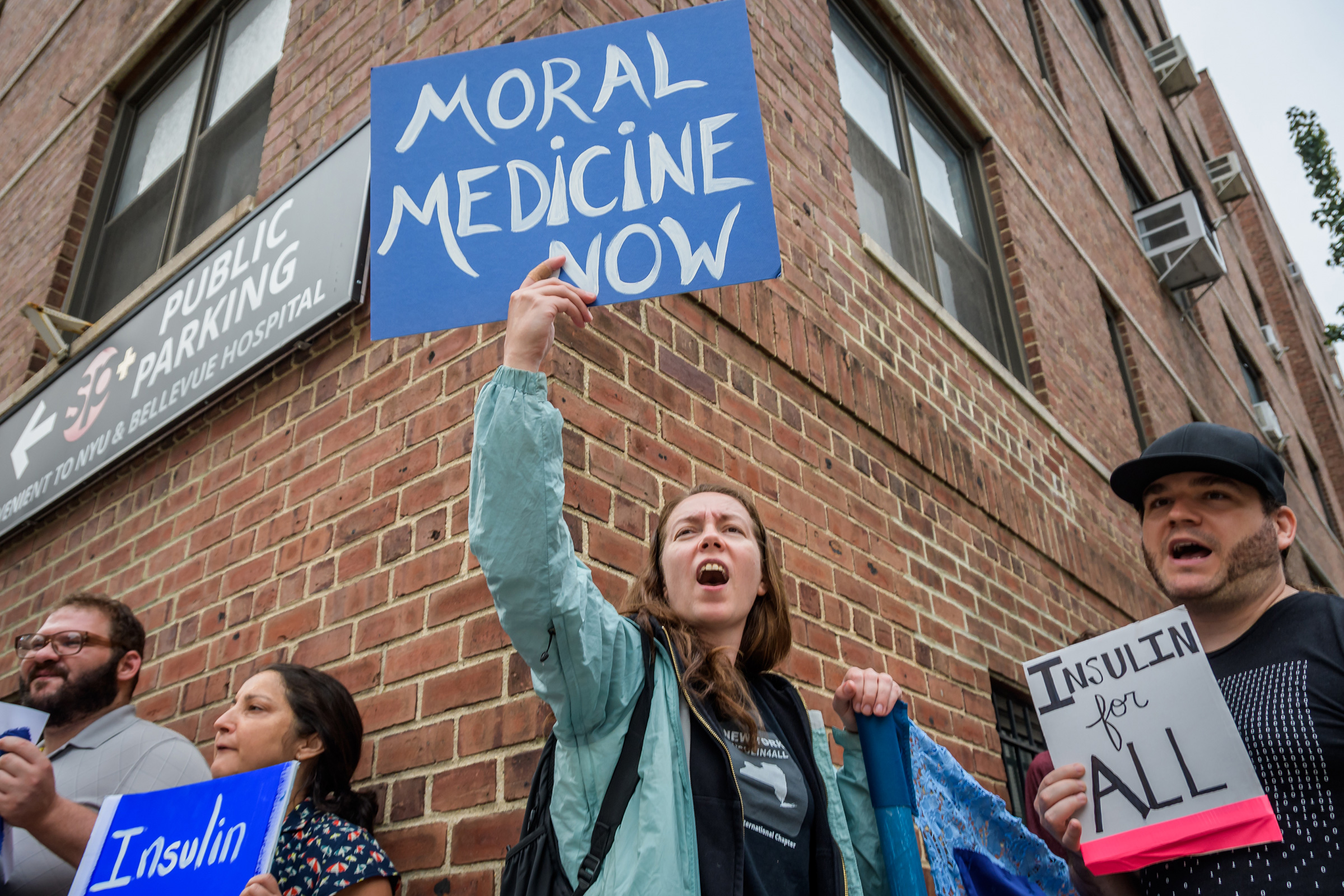
ABHISHEK ROY – APRIL 11TH, 2019
On the 13th of March, BER Staff Writer Abhishek Roy sat down to speak with Todd Messer. Todd is an Economics graduate student at UC Berkeley. He holds a degree in Mathematics from Rutgers University but decided to pursue his love for Economics through the graduate program in Berkeley.
Abhishek Roy: Hey, Todd! So, for starters, I just want to know what about economics gets you going? What is your main area of research?
Todd Messer: The overarching aspect of economics that I am interested in is how the US dollar and US economic policies affect the world. I like to examine the effect of the dollar on a global scale and its implications on the economies of different nations. The dollar is used in many transactions across the world, in many cases where the US is not even involved. Whether it is buying oil or bolstering one’s currency, every country needs to keep dollar reserves. This makes us think that the dollar might have an outsized role in the global economy. These are the type of things that I like to study.
AR: What do you think is the history behind this? What events or circumstances brought the dollar to its current position?
TM: There’s a lot that happened in the 20th century that resulted in the inflated role of the dollar. Earlier, the currency of a country was pegged to gold and the amount of gold reserve the country had. Later, the Bretton-Woods Agreement pegged other currencies to the US Dollar, mostly because of the monetary and political power of the US in the world that emerged from World War II. In the 70s, Nixon stopped the US dollar from being exchangeable with gold. A new monetary order was established, where the dollar emerged as the most powerful currency.
AR: What do you think this can lead to?
TM: I think countries like China can emerge as major disruptors in the near future. Some oil deals are sometimes made where a country can buy oil from another country in their own currency, but the volume of these transactions is really small compared to the volume of oil transactions in dollar. However, several currencies are getting stronger, especially the Chinese Renminbi. The usage of the Renminbi in trade and overseas transactions is increasing, causing it to slowly become an international currency like the Euro, British pound or the US Dollar.
AR: China is a big country and a rising superpower. Are there other countries or group of countries that are moving away from the dollar?
TM: There are other countries. Brazil and Argentina made policies that made several South American countries use Brazilian and Argentinian currencies. This is one of the cases I’m examining to find the impacts of a shift from the dollar.
I am actually working on a new paper about the effect of the recent policies of the US Federal Reserve and its effects across the world. There is a stylized fact in international macro that appreciations in the value of the dollar have negative effects on global trade, even when the United States is not involved in the transaction. My work tries to disentangle the reasons behind this fact, by separating the financial reasons, like borrowing costs rising when the dollar appreciates, from trade reasons, like the fact that import intermediate inputs to production become more expensive because they are invoiced in dollars.
AR: Tell me about some of your work on credit flow.
TM: I am interested in credit flow, but under the context of bailouts. The debate about the correctness of bailouts really interests me because there are so many ways to looks at the justification and the ramifications of bailing out a country in economic distress. For example, did Greece really benefit from the bailout by Germany and France?
AR: So, to give an alternate perspective, what if the bailout had not happened? What if Greece had to exit the EU?
TM: That’s really another view I examined in my research. The possibility of ‘Grexit’. Greece leaving the EU might have been a good thing because it would have relieved the union from monetary tension. However, it may also have tarnished the image of the EU as a union that prefers kicking out problems than solving them.
AR: What’s your opinion on Brexit?
TM: I think one interesting aspect about Brexit is thinking about the future of London as a global financial centre. There has been some talk about other European cities, such as Frankfurt or Dublin, being the future hub for financial firms on the continent. For the most part, this deals with “passporting rights,” which allow firms to provide services to European customers without acquiring special regulation. Another reason, related to my work, may be because these financial firms may be worried about the status of the Pound as an international currency. If the volatility of the GBP rises over time due to uncertainty, then this could negatively affect financial firms situated in London.
AR: What about bailouts and defaults interests you?
TM: The cost of sovereign default is something that I find very interesting. Sovereign default is when a country defaults on government debt. This is considered detrimental to the country’s economy, since it makes it tougher for the country’s government to borrow money next time. However, measuring the impact of sovereign default is difficult. This is because the cause-effect cycle behind sovereign default is difficult to identify.
AR: How so exactly?
TM: A thought experiment may help. Suppose that you were a policymaker deciding whether or not to default on external debts. Presumably, a key input to your decision is your ability to repay. When times are good, it is easier to repay because of higher tax revenue. When times are bad, it raises the incentive to default because the costs are much lower; your economy is already doing poorly! Thus, trying to estimate the negative effects of default runs into a problem that economies default precisely because the economy is doing poorly. In other words, default decisions may be followed by declines in production not because of the default itself, but because the economy was already doing poorly. Thus, if one thinks default is bad for an economy, it is important to control for the decline in output that would have happened anyway.
AR: So your work mostly focuses on the global economy and the repercussions of policies on different countries. Are you conducting any research about just the US economy by itself? What’s your opinion about the financial and market conditions in the US?
TM: I’m actually also working on a paper about financial markets. Specifically, about the impact of domestic policies on the financial markets and the benefits of financial market openness. Now, it’s been well established that openness is beneficial for the economy in the long run and protectionist policies disrupt international relations and may hinder growth. However, after the 2008 financial crisis, economists are still asking how much openness is truly beneficial for the economy. Unsupervised, these markets can lead to an excess buildup of capital that can lead to crises like the one in 2008. Under this topic, I’m trying to examine how the introduction of credit changes domestic financial policies; how does the increase in credit affect allocation of capital?
AR: Are there any specific ways you’re trying to examine these?
TM: There’s a lot of complicated math that goes into this. But one way in which I’m trying to understand this is by extrapolating from the relaxation of financial laws in US states. Now it’s tough to pick many countries which have relaxed their financial policies in a certain way. Examining these does not give a big enough sample. Also, there are so many variables that it’s tough to draw any correlations. What we are trying to do is we’re examining several US states that have relaxed their financial laws. We’re investigating their impact on the economic conditions of the state and extrapolating that to understand the behaviour on a national scale. Of course, examining only US states increases the chances of bias in the study but that is something we are trying to handle.
AR: So, when considering market openness, how do you factor in market competition for different industries? What’s your opinion on market competition?
TM: I am working on another project that looks at the role of multiproduct firms in explaining trends in concentration and competition. There is a stylized fact that markets have become less competitive over time. However, the work that has shown this does not properly account for the fact that firms have produced products across a wide range of industries. Think, for example, of Johnson and Johnson, which produces toothpaste as well as pacemakers. Some preliminary analyses suggest that this is an important source of bias in estimates of concentration, as if one assumed that all of Johnson and Johnson’s sales were in toothpaste, you would overestimate their importance in that market.
AR: Amazing! I’d love to read some of your upcoming research. Do you have any advice for an aspiring economics graduate student?
TM: Nothing much. If you love economics, then you should definitely pursue it in grad school. One advice I’d give is do as much math as you can. You need to have a good grasp over numbers to understand higher, complex aspects of economics and do research. Other than that, just follow your passion.
AR: Thank you Todd! It was great talking to you! Good luck for your research!
Disclaimer: The views published in this journal are those of the individual authors or speakers and do not necessarily reflect the position or policy of Berkeley Economic Review staff, the Undergraduate Economics Association, the UC Berkeley Economics Department and faculty, or the University of California, Berkeley in general.



